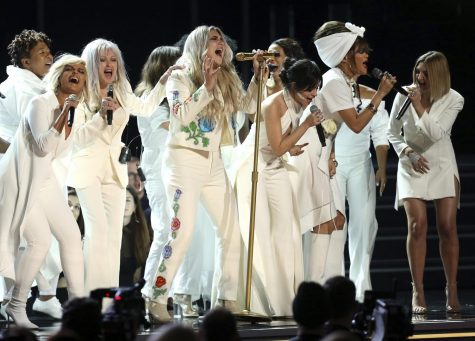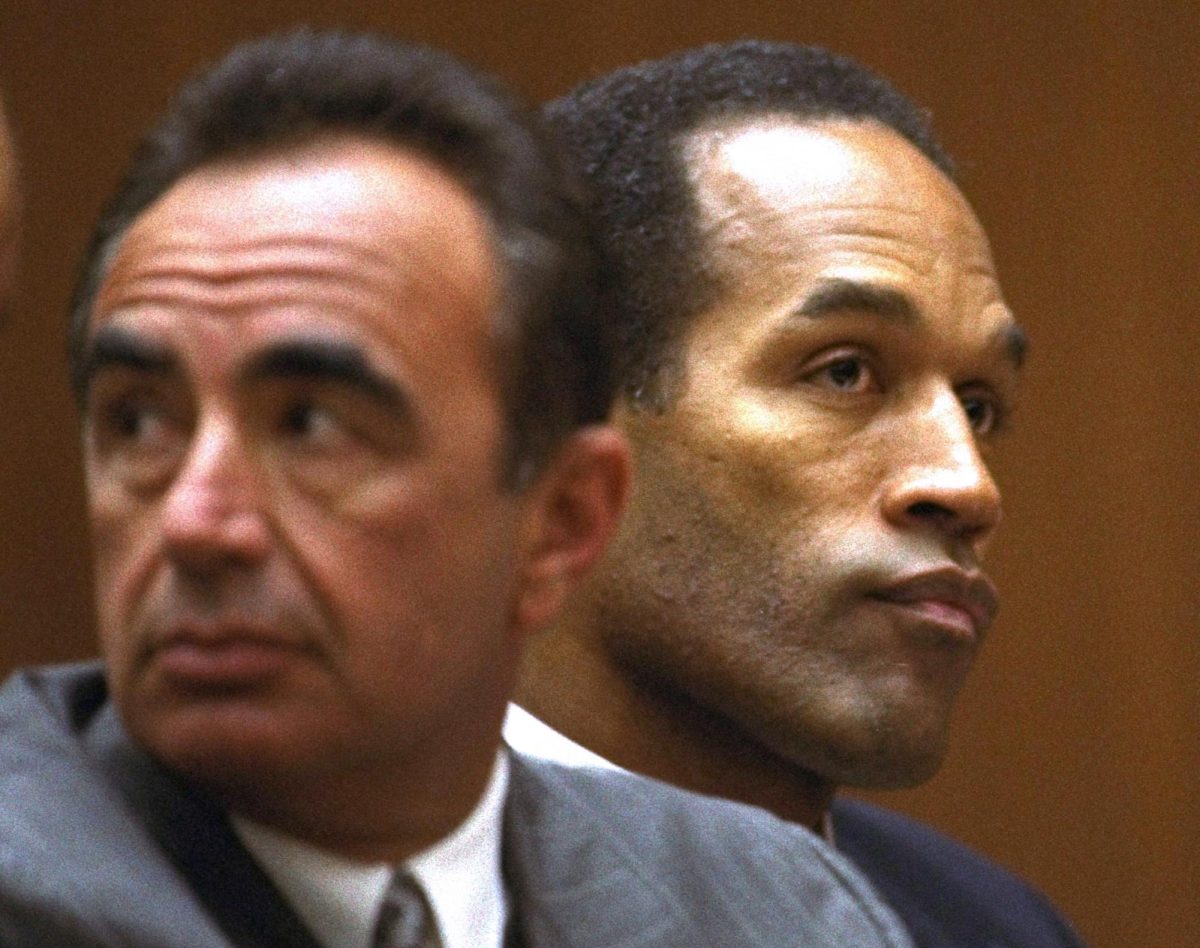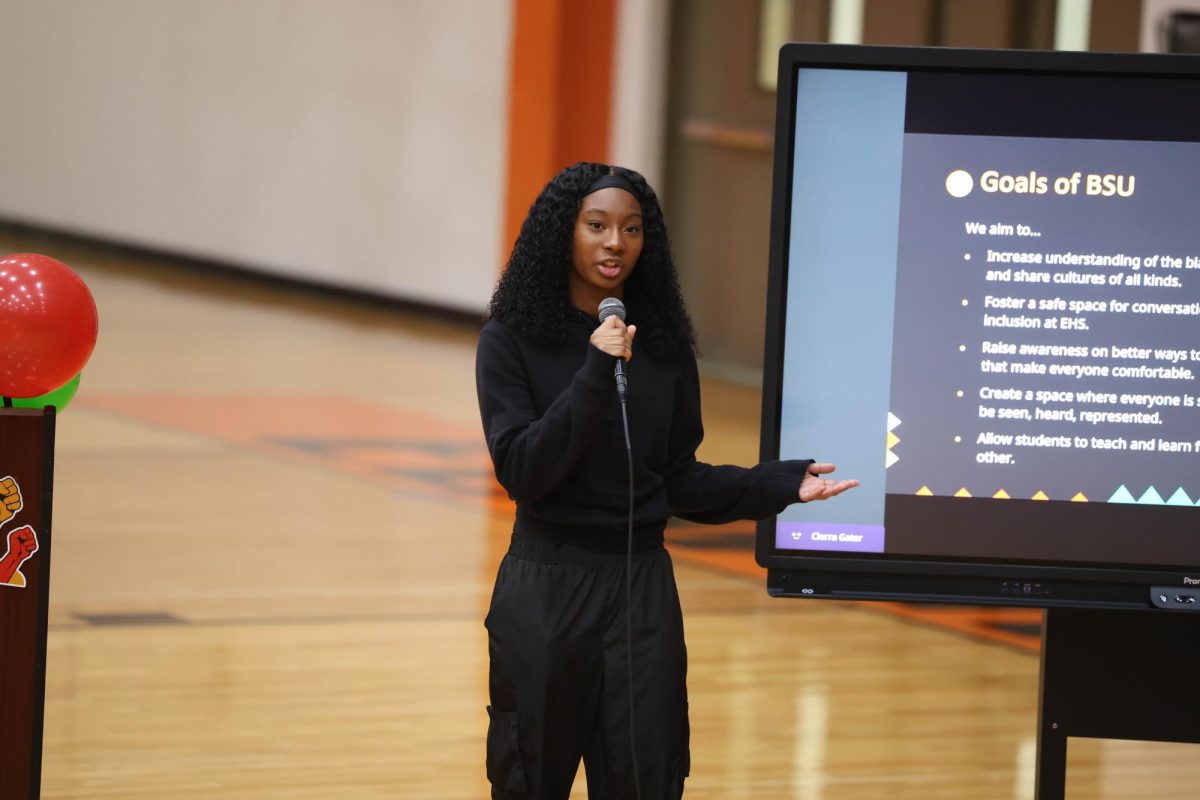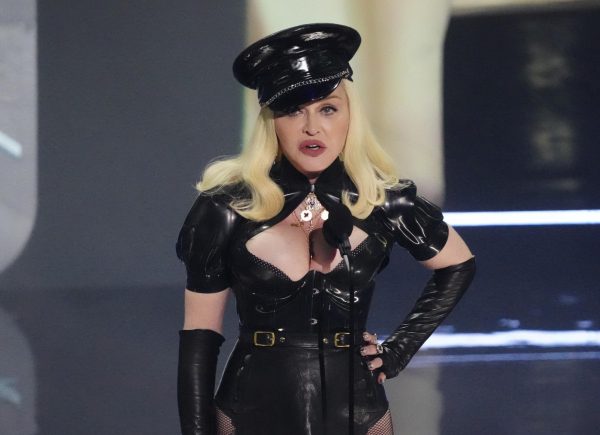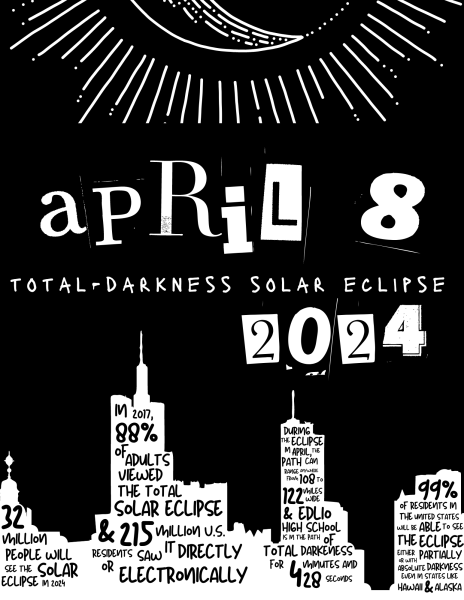Grammys Recording Academy President Slips Up, Fans Angered: Why It’s Justified
February 1, 2018
After a night of political speeches, daring performances and James Corden skits, the music world seemed calm, if only for a brief minute.
It all began when it dawned on viewers that throughout the entire three and a half hour awards show, only one woman accepted an award on stage. Fans were outraged, claiming that artists such as Kesha and SZA were robbed.
And then Recording Academy president Neil Portnow made a statement in defense of the award show’s history, of those who took home awards last Sunday.
“(Women need) to step up because I think that they would be welcome,” Portnow said, according to The Verge.
In today’s political climate, a quote like this from a man in power may make him believe he’s in the clear—he’s shown his support for women, shouted a metaphorical “Me too!”
But he’s wrong; while he may believe that his statement about the inclusion of women is radical, his quote reads as degrading.
“I really believe that women have finally found their voice, especially within the music industry, and to be thrown to the curb like that is the biggest insult that could be given,” said sophomore Anna Bruss, an aspiring musician.
Portnow’s support for women means nothing when the second half of the sentence turns it back on them, pinning their losses and discrimination on their lack of hard work.
As if women weren’t nominated, he ignored them and brushed their losses off with the words “step up.” He seems to imply that if women tried a little harder, maybe then they’d be accepted in the world of music.
In short, he made it their fault that they were losing, despite the hard work of the women who attended.
Kesha performed “Praying,” her smash hit that many speculate is based on the sexual and emotional abuse she’d suffered at the hands of a former music producer. Last Sunday, she cried on stage after years of questioning if she’d even have a career to come back to.
And later that night, she lost to Ed Sheeran for a generic pop song describing the shape of a woman’s body. If that isn’t a bite-sized representation of the music industry, then what is?
Yes, women do need to step up in their involvement; there is something to be said about needing more women in producing, entertaining and writing positions. But to discredit those already present? It’s despicable. Next time Portnow should think a little bit more before he jumps on the supporting-while-still-subtly-insulting-women bandwagon.
For both an aspiring musician like Bruss and the established performers like Kesha, the struggle for recognition is far from over, but at least the future of music seems bright, full of young women waiting to make their own legacy.
“Women do not have an equal part in the industry and that’s a fact, but we have fought to have our voices heard . . .” Bruss said. “It makes my heart want to do something to help.”